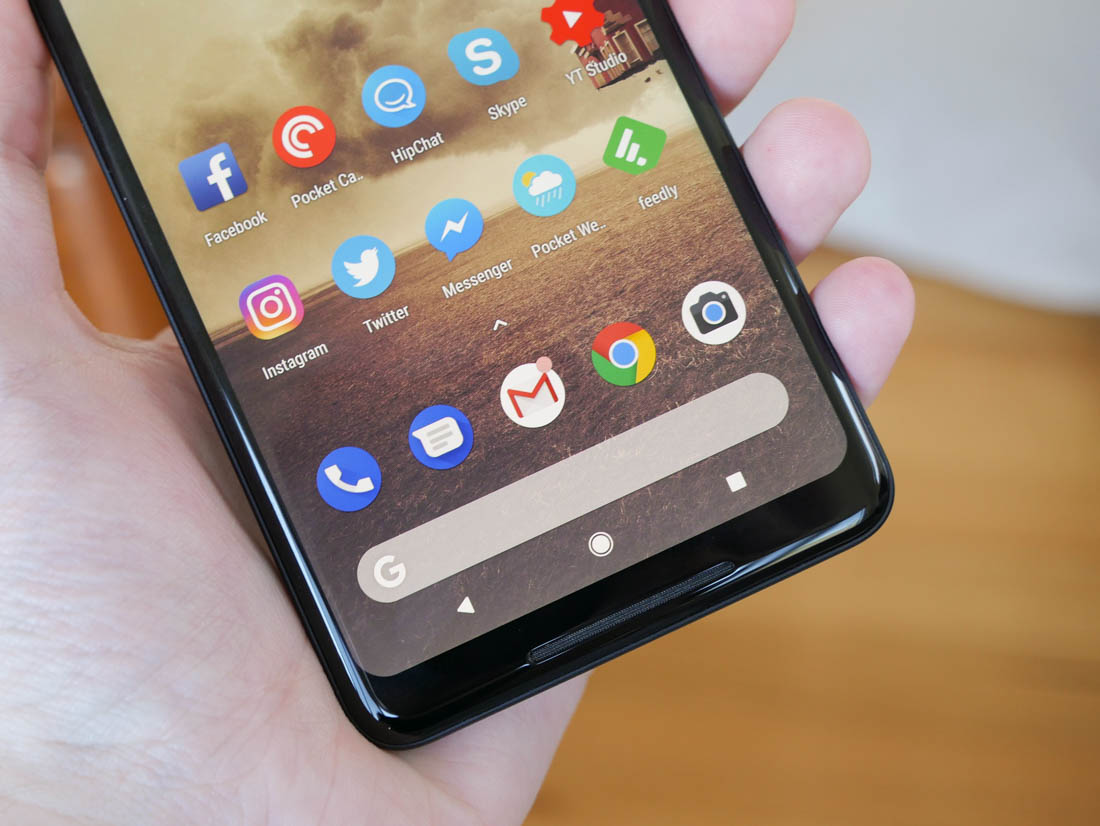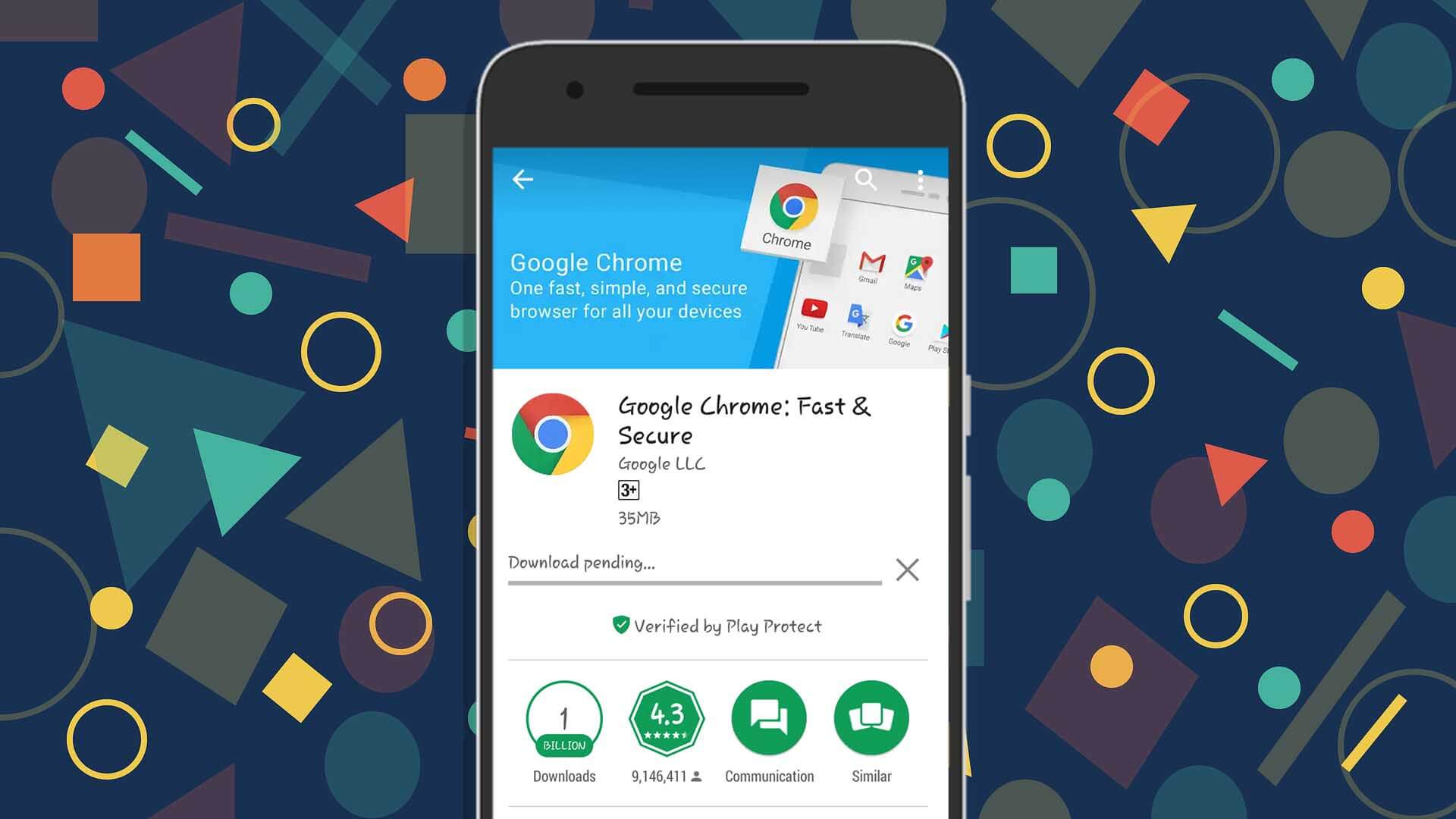Why it matters: After the European Commission declared Google's practice of bundling Google Chrome and Google Search with Android "illegal," Google said they'd have to charge manufacturers to include all Google apps on their phones. Turns out they're charging lots, and companies will have to pay up to be able to include the Play Store and other essential apps or simply bundle Chrome and Search anyway.
The European Commission's decision was based on the fact that all phone manufacturers are basically forced to include Google Chrome and Search as default apps in order to use Google's free Android operating system. By unbundling them, it theoretically creates a competitive market for default browsers and search engines allowing companies to choose and negotiate. This should mean that consumers receive better apps on their devices, but it probably won't change anything.
As documents uncovered by The Verge reveal, the "Google Mobile Services" bundle that companies will be able to purchase to preinstall on their phones include the Play Store, YouTube, Maps, Gmail, News, Drive, Calendar and many more. It doesn't appear to include Chrome or Search. The cost of this bundle is based on three tiers of country and three tiers of device: for the highest tier of country; including the UK, Sweden, the Netherlands, Norway and Germany; Google will charge $40 for phones with over 500ppi, $20 for phones with a PPI between 400 and 500, and $10 for phones below 400ppi.
But Google isn't actually expecting any manufacturer to just pay up, in fact, they don't even want them to.
Google seems to expect people with more money to spend on a phone to be happier to pay for their apps: the highest tier countries are at the top of the list of highest GDPs per capita, and PPI (pixels per inch) appears to be a proxy for the cost of the phone. That's not a particularly effective proxy, however, as so many budget phones have such high-resolution screens.

In the lowest tier of countries, the bundle can be as cheap as $2.50, and there's a different system for tablets that doesn't take the country into account and maxes out at $20. That's all the pricing details currently revealed. An anonymous source familiar with the matter told The Verge that negotiation is possible, but manufacturers are unlikely to get the prices down much.
But Google isn't actually expecting any manufacturer to just pay up, in fact, they don't even want them to. This whole thing is just a way for Google to avoid another $5 billion fine while continuing to bundle their apps with Android. They want manufacturers to sign on to a different deal: one that includes their "Google Mobile Services" bundle and Google Chrome and Search - the two apps that Google makes basically all their app revenue from.
While specific details aren't known, this deal will be substantially cheaper. Manufacturers will even receive a percentage of the profits from Google Chrome if they place it on the home screen, just like they do now. Technically, no Google apps require being preinstalled as they can all be downloaded through a web browser, but it is substantially more convenient if they are preinstalled. It's expected that most companies will decide to go this route.
If you live outside Europe, this won't affect you at all. If you live in Europe, it seems this won't affect you either. Google's new bundling scheme will come into effect on February 1st, 2019. Google declined to comment.
